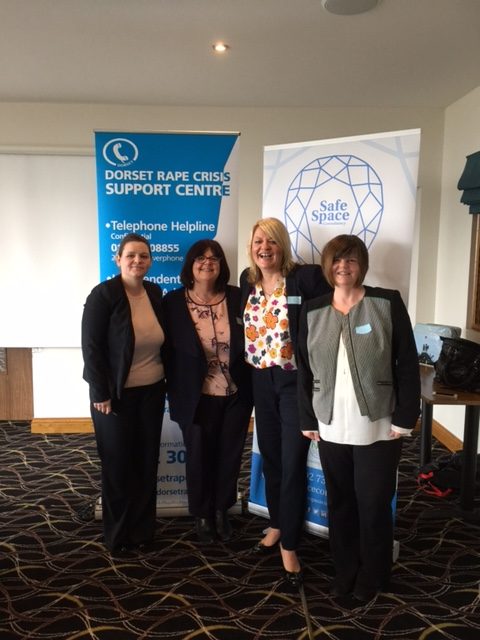As an employer, how would you recognise if an employee is suffering a form of domestic abuse such as Coercive Control. The chances are you have had employees who have been experiencing this form of abuse and this has impacted them in the workplace but not been recognised, even by the employee themselves. In addition to this, some employees could be perpetrating coercive, controlling behaviour towards an intimate partner and using your workplace resources to carry out this abuse.
Many employees see their work place as a Safe Space and I am passionate about supporting businesses who care about their Corporate Social Responsibility to fully ensure this. What can your business do to send out a key message that violence and abuse will not be tolerated? For example, do you have a domestic abuse or stalking policy in place? How would you be able to support an employee?
What is Coercive Control?
It is behaviour that a perpetrator uses to control their intimate partner such as serious threats, manipulation, tracking movements, monitoring phones and other devices and isolation tactics. A more detailed definition is given on the Home Office website: https://bit.ly/2I8gQeo (page 3), along with the following quote, which sadly, is all too true;
“Not only is coercive control the most common context in which [women] are abused, it is also the most dangerous” Evan Stark (2007) Coercive Control. How Men Entrap Women in Personal Life. New York: Oxford University Press.
Controlling or coercive behaviour is identified as a form of violence against women and girls and is underpinned by wider societal gender inequality (Home Office website – link above, page 7).
However, Coercive Control can be perpetrated within any intimate relationship such as female towards male and in same sex relationships. This is portrayed very well in a recent collaboration organised by the High Sheriff of Dorset, Dorset Police and Bournemouth University Film students with their three highly emotive productions which can be viewed here: https://bit.ly/2pwjS0s #cutyourstrings
How is this relevant to the workplace?
Unfortunately, domestic abuse will follow a person into the workplace and impact on them, their work colleagues and ultimately the business. Coercive Control is now a criminal offence under the Serious Crime Act 2015, where two or more behaviours are identified. If similar behaviours (and using workplace resources) are carried out against a work colleague, these would be classed as bullying and/or harassment. Employers have a legal and moral duty towards their employees and need to be aware of the risks i.e. breach of policies such as:
• The Equality Act
• Health & Safety at Work Act 1974 & the Management of Health & Safety at Work
• Employment rights Act 1996
• Protection of Freedoms Act 2012
Having an awareness of all forms of domestic abuse can help reduce the risk of harm, not only to individuals but also to your business.
There are many ways Coercive Control can impact on an employee and in the workplace;
• Financial Abuse, lack of money for lunch, travel or work expenses
• Monitoring phones, emails, social media
• Limiting access to transport, travel to work
• Changes in behaviour/appearance
• Changing work patterns/shifts/routines
• Absent or off sick frequently
• Criminal damage to company car, laptops, phones, uniforms to prevent their partner from going to work or continuing to work
Unfortunately, this list just touches the surface and I’m sure as employers you will recognise some of these but maybe not identify it as Coercive Control. Are you aware of the barriers that may exist within your business which prevent employees from disclosing and seeking support? The risks are increased if the intimate relationship ends but the behaviour continues, which can then lead to Stalking https://bit.ly/2rdwVpf
A recent article in the Daily Echo https://bit.ly/2JPS2Vk states that more than six cases of stalking in Dorset are being reported each day, double the cases from 2015, therefore Coercive Control needs to be taken seriously by employers.









